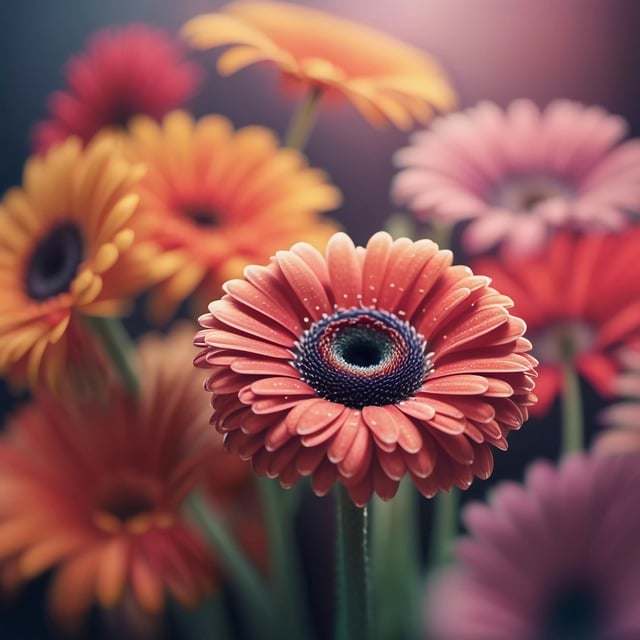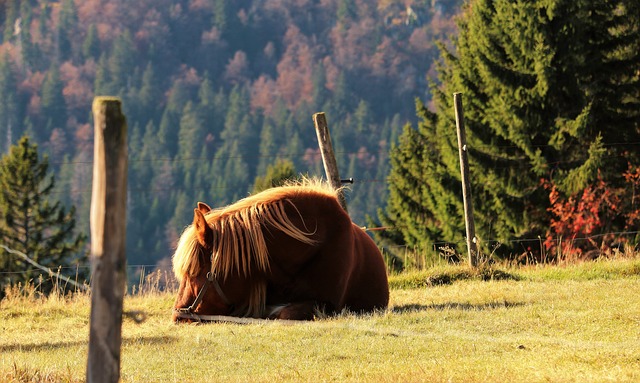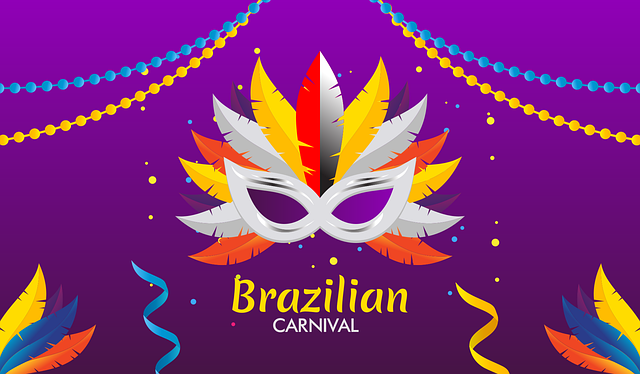the plural of dice 🎱 The Curious Case of Dice: Why “Dice” is Both Singular and Plural

The Curious Case of Dice: Why “Dice” is Both Singular and Plural
In the intricate world of language, few topics can spark as much debate as the pluralization of certain words. Among the most fascinating examples is “dice.” While many of us may casually refer to a single cube as a “die,” the truth is that “dice” has become a word that breaks the mold, serving as both singular and plural in modern vernacular. Let’s roll the dice on this topic and explore what makes this seemingly simple word so captivating.
First things first: the origin. The word “die” can be traced back to the Old French term “dé,” which itself originated from the Latin “datum,” meaning “that which is given or played.” Historically, a die was crafted from various materials like wood, bone, or ivory, and used in games of chance as early as the ancient civilizations of Mesopotamia and Egypt. In those times, players would often refer to a singular die when rolling it for luck or strategy. However, as games evolved and became more popular, the plural form “dice” emerged, eventually gaining prominence in the English language.the plural of dice
Now, let’s address the elephant in the room: why do we often hear “dice” being used when we really mean “two or more dice”? The answer lies in the evolution of language. As communities began to adopt “dice” as a standard term, it transformed into a collective noun that represents both the single die and the multiple cubes we use in games. In this light, the term “dice” is not just a linguistic quirk; it’s a reflection of how language adapts and evolves over time, mirroring the culture and practices of its speakers.the plural of dice

Interestingly, this phenomenon is not unique to the word “dice.” Many words in the English language have followed similar paths. For instance, the word “sheep” can refer to one or many of the fluffy creatures. However, what makes “dice” particularly engaging is how it plays into our collective psyche around games, randomness, and the thrill of chance. The excitement of rolling the dice and seeing where they land is not just a physical action; it’s a metaphor for life itself, where we often find ourselves at the mercy of fate.
Moreover, the optimistic spirit surrounding games is infectious. Think about it: every time we gather around a table for a game night, we’re not just playing to win; we’re engaging in a ritual that fosters connection, camaraderie, and—let’s not forget—fun! In a world where stress and anxiety often dominate our lives, taking a moment to roll the dice can be a delightful reminder of the unpredictability and joy that life has to offer.
Another intriguing aspect of dice is their role in various cultures. While we often associate them with board games and gambling, dice have a rich history in different traditions worldwide. From the ancient Chinese using dice for fortune-telling to the intricate rituals surrounding the casting of dice in Indian games, it’s evident that these small cubes carry significant cultural weight. The act of casting dice has symbolized everything from fate to divine intervention, highlighting the universal human desire to seek meaning in randomness.
In today’s fast-paced digital age, the resurgence of tabletop games and role-playing games has reignited interest in dice. Gamers are not just throwing a pair of cubes; they’re diving into immersive worlds where every roll matters. The tactile sensation of rolling dice brings a sense of nostalgia and authenticity that virtual experiences often lack. And as we move forward, it’s exciting to see how this ancient tool continues to adapt, with innovative designs and materials creating a new aesthetic for the modern gamer.the plural of dice

Ultimately, the pluralization of “dice” serves as a reminder of the beauty and complexity of language. It’s a testament to human creativity and adaptability, reflecting our shared experiences and cultural practices. So the next time you gather with friends for a game night, take a moment to appreciate not just the thrill of the game, but also the fascinating linguistic journey that brought us to this point.the plural of dice
In the grand tapestry of language, “dice” stands as a symbol of both unity and diversity. It encapsulates the joy of unpredictability and the bonds we forge through play. So whether you’re rolling a single die or a handful of dice, remember that you’re participating in a timeless tradition that connects us all, inviting us to embrace the unknown with a smile. In the end, it’s not just about the numbers that land; it’s about the stories we create along the way.the plural of dice
Fale conosco. Envie dúvidas, críticas ou sugestões para a nossa equipe através dos contatos abaixo:
Telefone: 0086-10-8805-0795
Email: portuguese@9099.com


